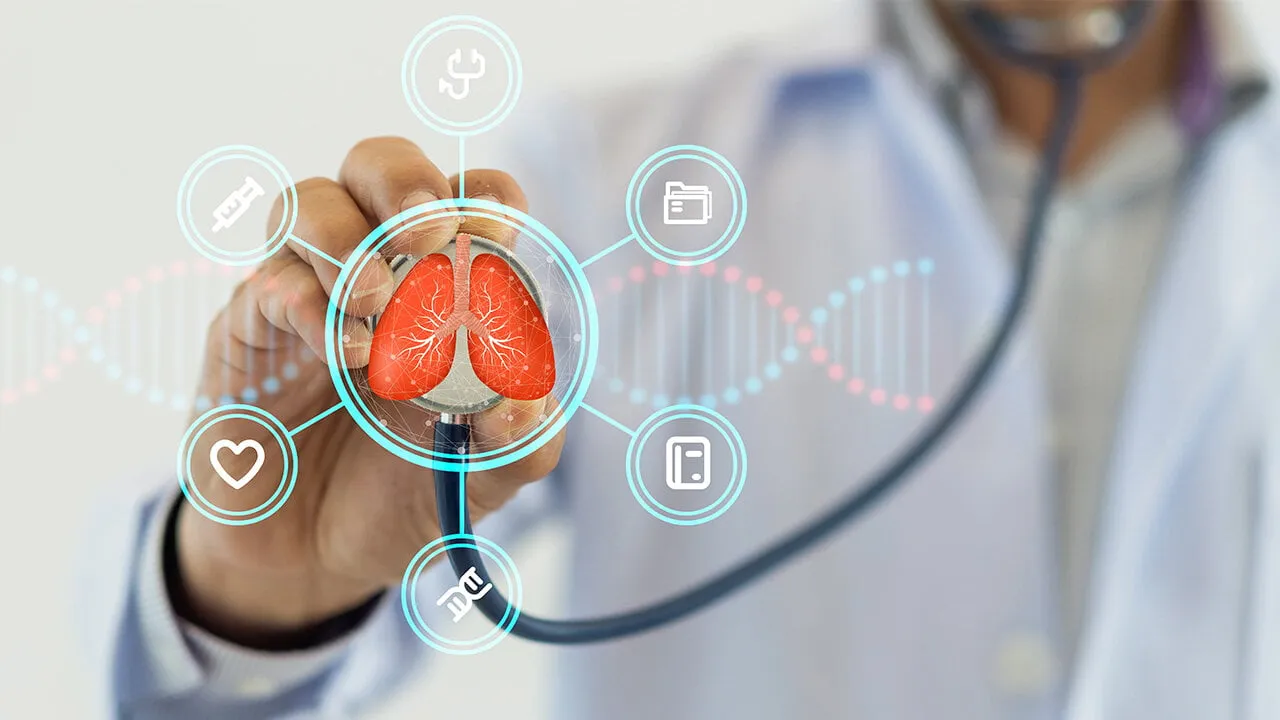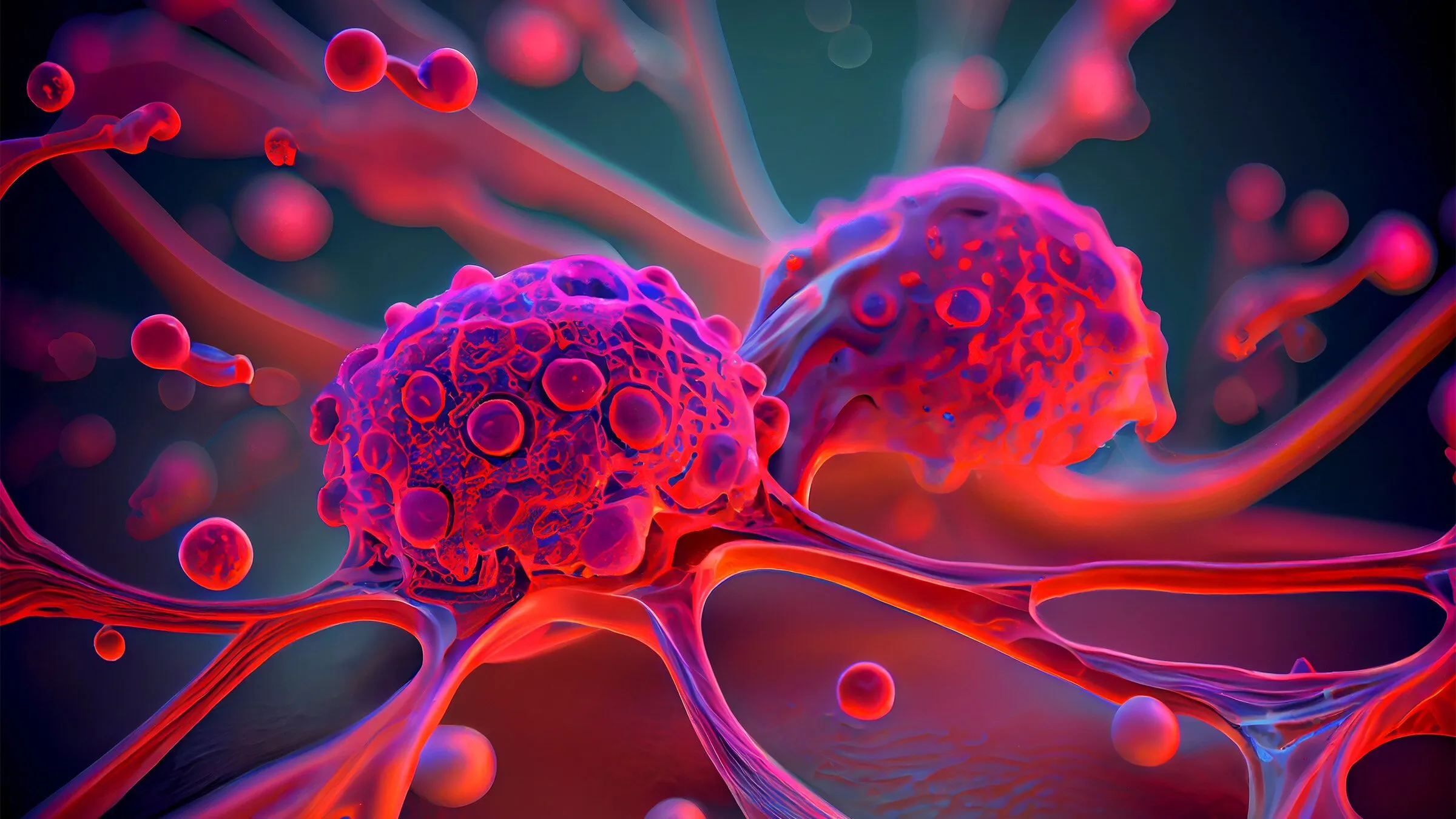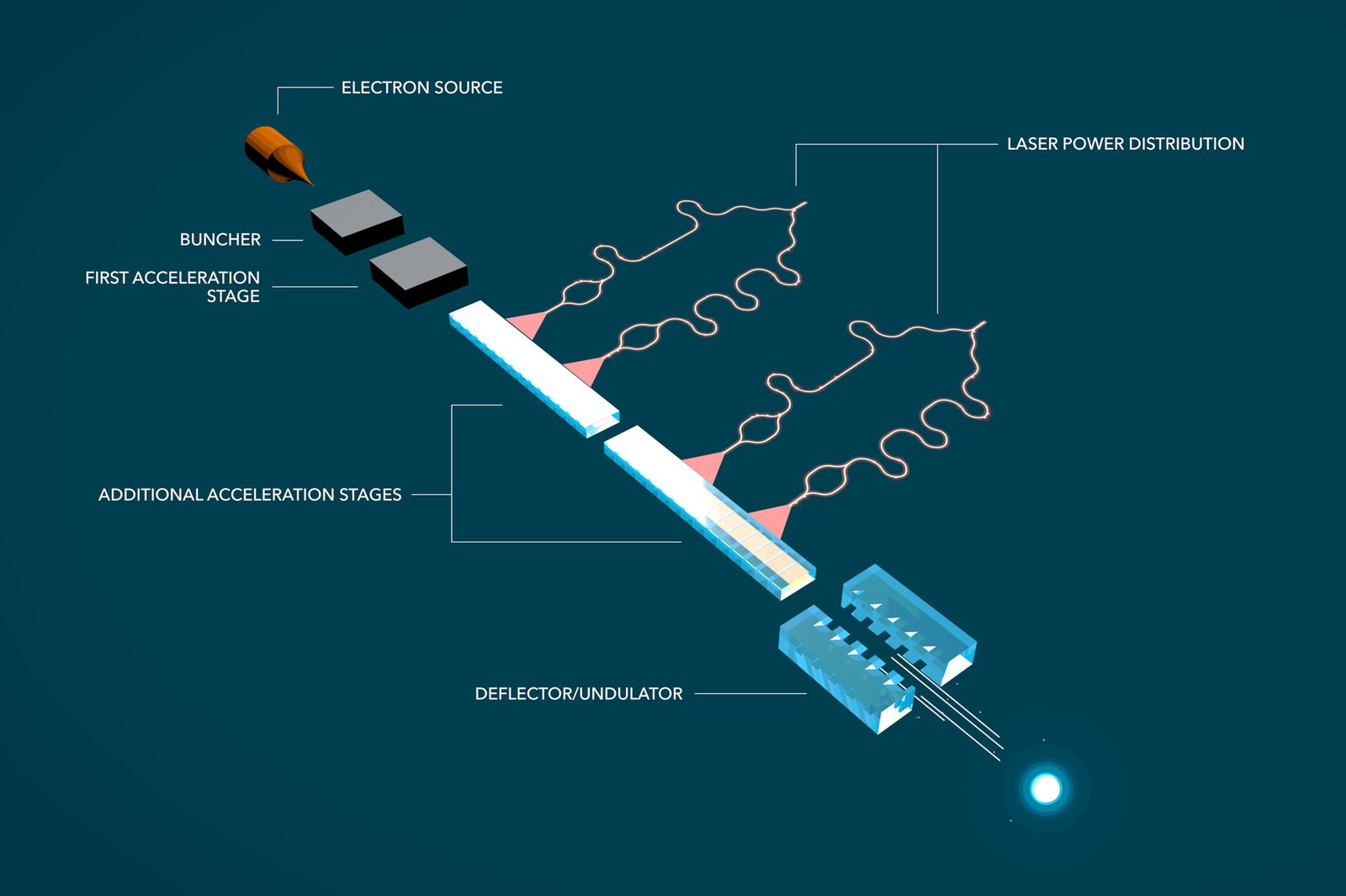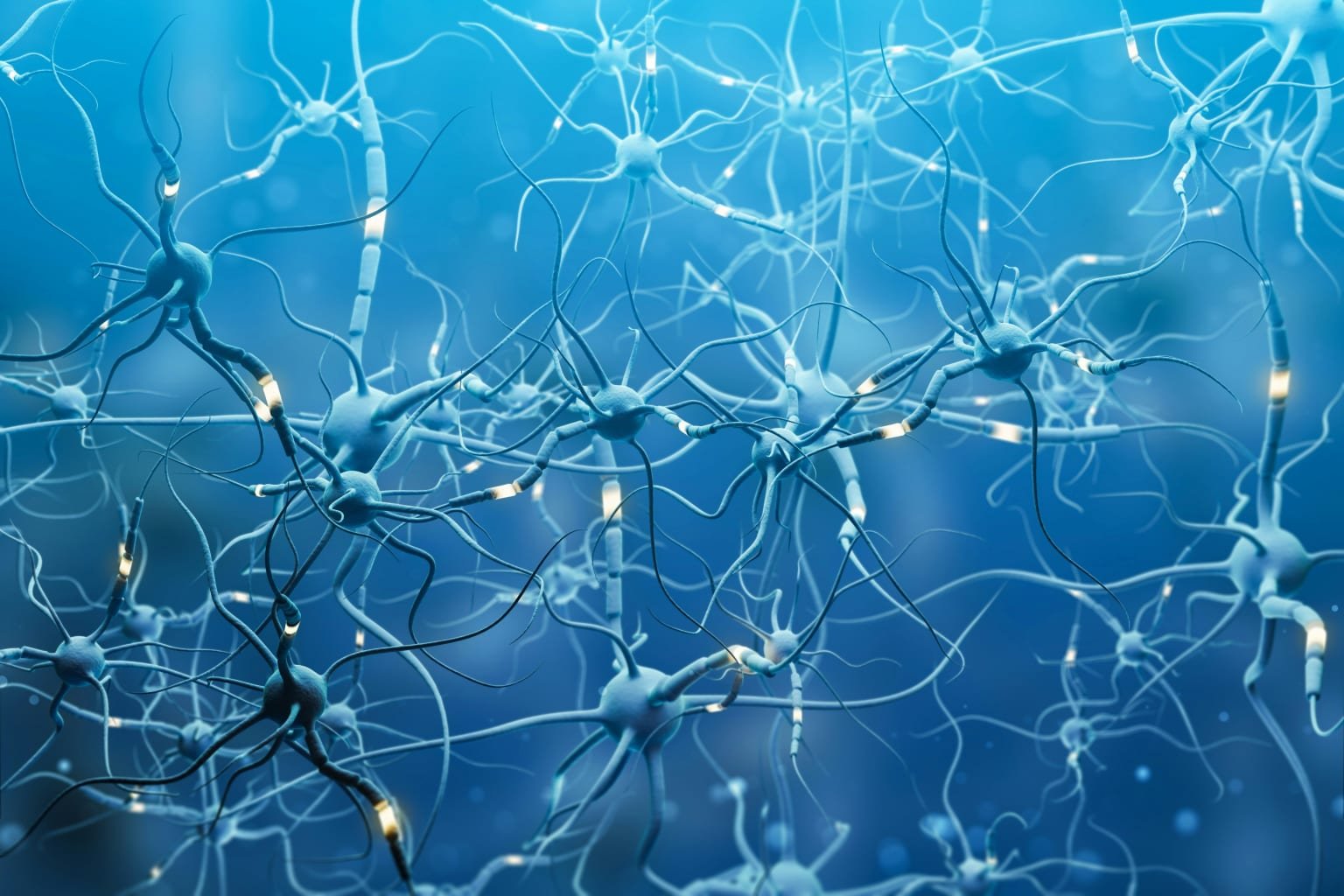-

Brain Pacemaker Fights Parkinson’s
A groundbreaking “brain pacemaker” using adaptive deep brain stimulation (aDBS) has shown promising results in reducing Parkinson’s disease symptoms, according to a small NIH-funded trial. As reported by the University of California, San Francisco, this AI-powered device adjusts stimulation in real-time based on brain activity, potentially offering more personalized and effective treatment than conventional DBS… Read more
-

Google AI Can Hear Disease in the Sound of Your Cough
A cough is a clear sign that something may be amiss with your health, but how much information can be derived from how it sounds? A new report highlighted by Google Research on Tuesday said a team of researchers in India is using an AI model developed by Google to “hear” specific respiratory diseases, including… Read more
-

First Fully Automated Robot Dentist
Based on reports from Perceptive, the world’s first fully automated dental procedure on a human patient has been successfully completed using an AI-driven robotic system, marking a significant milestone in dental technology and potentially revolutionizing the future of oral healthcare. Read more
-

Bionic Hand Technology Advances Bring Affordability
Replacing missing limbs with a robotic version is no longer the stuff of science fiction, with researchers and developers designing new technology that fuses the human body with machines to provide users new abilities. While transhumanists look towards a day when humans and computers fully merge, engineers are developing more practical, real-world applications for this… Read more
-

China’s Brain-Computer Interface Plans
China is rapidly advancing its brain-computer interface (BCI) technology, aiming to become a global leader in this cutting-edge field. The country’s ambitious plans encompass standardization efforts, research and development initiatives, and strategic industrial growth, with a focus on both medical and non-medical applications of BCI technology. Read more
-

AI Cancer Detector Boasts 98% Accuracy Across 13 Types: Study
A new artificial intelligence (AI) model was able to detect 13 different types of cancer with 98.2% accuracy using only DNA data from tissue samples, according to a new study. The AI model, dubbed EMethylNET, was developed by researchers at the University of Cambridge in the U.K. and could potentially accelerate early cancer detection, diagnosis, and… Read more
-

The Accelerator on a Chip Project
The “Accelerator on a Chip” (ACHIP) project is a groundbreaking international collaboration that aims to develop miniaturized particle accelerators small enough to fit on a microchip, with the potential to revolutionize fields such as fundamental scientific research, medicine, and others, as seen in Stanford Report. Read more
-

Electric Headset May Treat Depression
The Flow Neuroscience electric headset, utilizing transcranial direct current stimulation (tDCS), has emerged as a promising non-invasive treatment for depression. Clinical trials conducted by the NHS have demonstrated significant improvements in depressive symptoms for many users, offering a potential alternative to traditional therapies like medication and cognitive behavioral therapy. Read more
-

The Rise of Bioelectronic Medicine
Bioelectronic medicine is an innovative field that merges electronics with biological systems to diagnose and treat diseases by modulating the body’s natural electrical signals. Leveraging the nervous system’s communication pathways, this approach offers promising alternatives to traditional pharmaceuticals, aiming to improve patient outcomes and reduce healthcare costs. Read more
